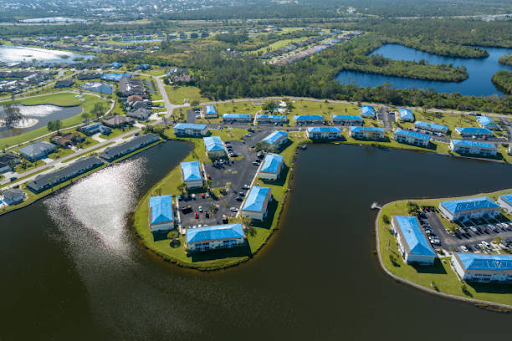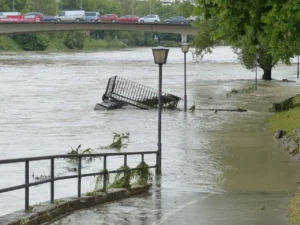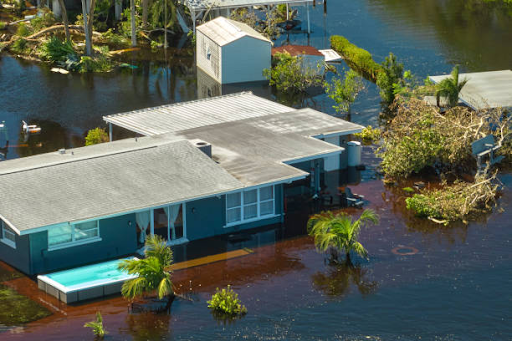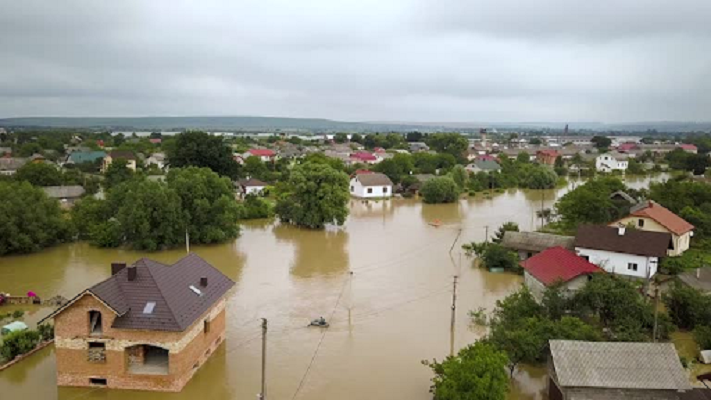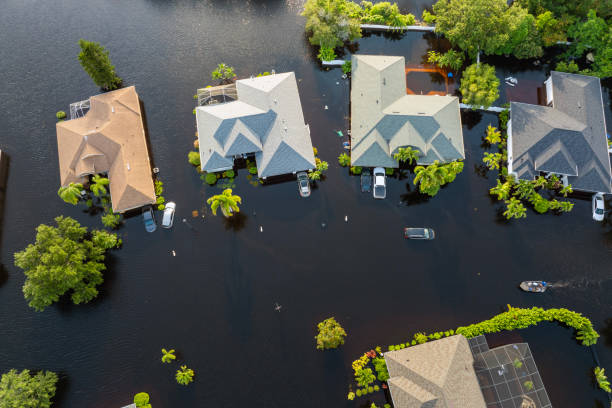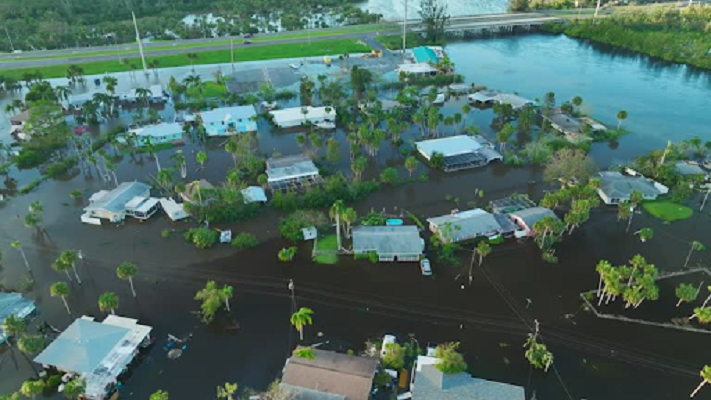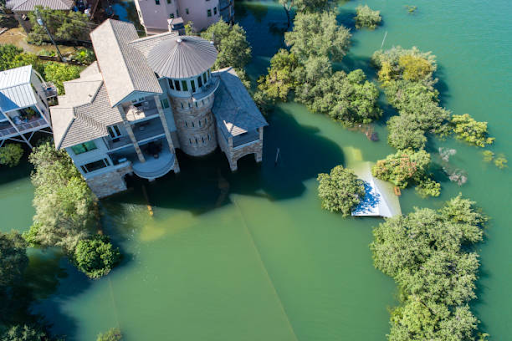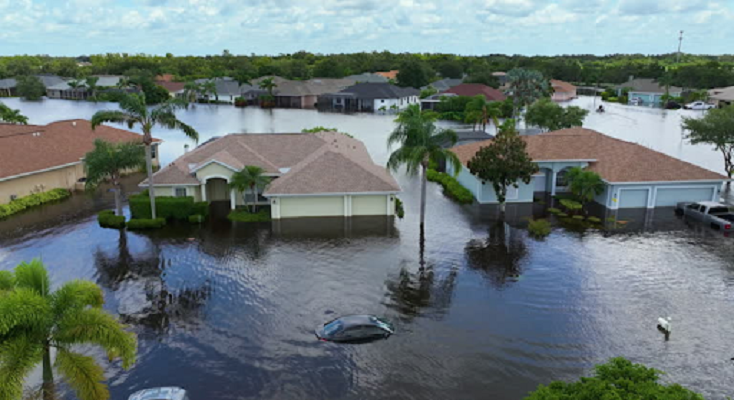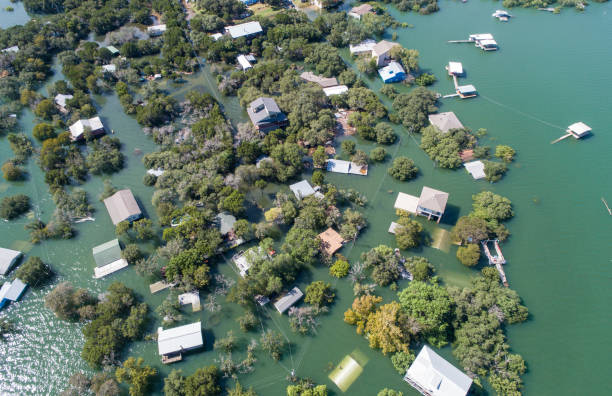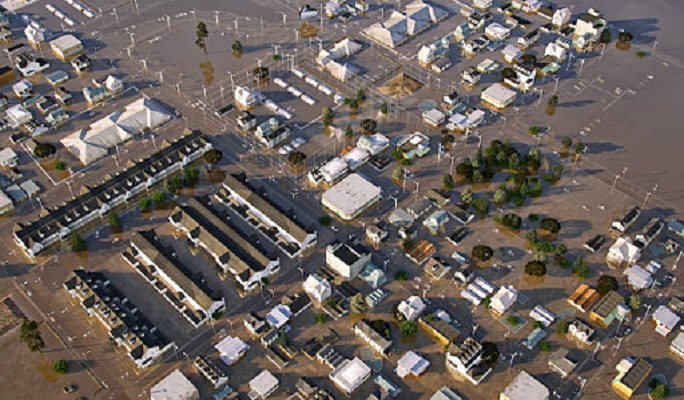When the government shuts down, it’s more than just news headlines or some employees getting furloughed. It actually hits a lot of important services, like flood insurance. That’s because the National Flood Insurance Program (NFIP), run by FEMA, depends on government funding. And when that funding dries up, so does the ability to sell NFIP flood insurance.
Now, here’s the kicker: This shutdown started on October 1, 2025, smack in the middle of hurricane season, exactly when flood coverage is most needed. So what does that mean for you if you live in a flood-prone area? How can you protect your home or business when the federal program goes quiet? That’s what we’re diving into here.
So, What Happens When the Government Shuts Down?
Basically, Congress didn’t pass the necessary funding to keep the NFIP running past October 1st 2025. That means FEMA can’t issue new or renewal flood insurance policies. If you were hoping to get a new policy or renew an existing one through NFIP, you’re out of luck until the government sorts things out.
But if you already have NFIP coverage, don’t panic. Your existing policy is still valid. You can still file claims and get help if flooding happens. It’s just that no one can sell you new coverage or renew your old one until funding comes back.
Why Should You Care About the NFIP Shutdown?
Flood Insurance Isn’t Something to Put Off
The problem is, flood insurance isn’t “nice to have” in places like Florida or along the Gulf Coast; it’s a must-have. Hurricanes and storms don’t wait for Congress to get its act together, so you need your coverage ready when the rain and floods hit.
New and Renewal Policies Are on Hold
If you’re thinking, “Well, I’ll just wait a little bit,” that might be risky. No new NFIP policies are being issued during the shutdown. And if your policy is up for renewal, you can’t renew it until the government gives the green light again.
What About My Current Flood Insurance Policy?
If you already have an NFIP policy, you’re in luck. That policy stays active. You can:
- File claims for flood damage as usual.
- Get your claims adjusted and paid out.
- Rest easy knowing your coverage isn’t going anywhere for now.
Just keep an eye out for any updates, and Flood Insurance HQ will keep you in the loop if anything changes.
Here’s Where Flood Insurance HQ Steps In
This is the part where it gets good. Flood Insurance HQ works with a bunch of private flood insurance companies that don’t rely on government funding. What does that mean? They can still sell you flood insurance even when NFIP is shut down.
So instead of waiting around for Congress to pass funding (which could take who knows how long), you can get coverage now. These private options often come with competitive prices and flexible plans, which means you might even find something better suited to your needs.
What’s Going on with Wright Flood?
Wright Flood is one of the private carriers Flood Insurance HQ works with. During the shutdown, they can still:
- Accept new business and endorsements submitted before the shutdown if payment rules are followed.
- Process renewals if invoices were issued before the shutdown and paid on time.
- Handle cancellations and certain endorsements that don’t involve money changing hands.
Basically, Wright Flood keeps things moving for customers who play by the rules and act quickly.
Need Flood Insurance Right Now? Here’s What You Should Do
Don’t wait. Flood risk doesn’t take a break just because the government does. If you need flood insurance or your policy is about to expire:
- Reach out to Flood Insurance HQ ASAP.
- Explore private flood insurance options available right now.
- Check your current policy and understand your renewal dates.
- Act fast to avoid any gaps in coverage.
Private Flood Insurance vs. NFIP: What’s the Difference?

You might be wondering how private flood insurance stacks up against the government-backed NFIP.
Why Private Flood Insurance Might Be Worth Considering
- Always Available: Private insurers don’t stop selling because of a government shutdown.
- Customizable Coverage: You might get coverage that fits your situation better.
- Competitive Pricing: Sometimes, private flood insurance can be cheaper.
- Quicker Claims: Private companies often have faster claims service.
A Few Things to Keep in Mind
- Private flood insurance might have different rules or coverage limits.
- Not every property qualifies.
- Your mortgage lender needs to approve private flood insurance if you have a federally backed loan.
Flood Insurance HQ helps you figure all this out and find what works best for you.
What Happens When the Government Shutdown Ends?
Once Congress restores funding, NFIP will be back up and running. At that point:
- New NFIP policies and renewals can be issued again.
- If you’ve chosen private insurance, you can decide to switch back or stay where you are.
- Claims and policy servicing will get back to normal.
Flood Insurance HQ will keep you updated and make any transitions as smooth as possible.
FAQs About the 2025 NFIP Lapse and Flood Insurance
- Can I buy NFIP flood insurance during the shutdown?
No, new and renewal NFIP policies aren’t available until the government restores funding.
- Can I still file claims on my existing NFIP policy?
Yes, claims processing continues as normal for existing policies.
- What if I need flood insurance now?
Contact Flood Insurance HQ to explore private flood insurance options.
- Does private flood insurance cover the same risks as NFIP?
Private insurance covers flood damage but may have different terms. We’ll help you understand the details.
- Will my mortgage lender accept private flood insurance?
Many do, but check with your lender. Flood Insurance HQ can help with this.
Don’t Let the Government Shutdown Leave You Exposed
Flood insurance is not something to gamble with, especially during hurricane season. The 2025 government shutdown has put a pause on NFIP policies, but that doesn’t mean you have to go without coverage. Flood Insurance HQ offers private flood insurance options that keep you protected when the government can’t. If you need flood insurance now or your policy is coming up for renewal, don’t wait around.
Reach out to Flood Insurance HQ today and get the coverage you need to keep your home and business safe through any storm.

